No products in the cart.
Organic Sunflower Seeds (Raw, No Shell)
$5.49 – $98.25Price range: $5.49 through $98.25
SKU: 7501_Organic+Sunflow-J9OyUiWp
Categories: Snacks, Sunflower Seeds
Tags: Snacks, Sunflower Seeds
These fresh and crunchy raw organic sunflower seeds are certified by CCOF. They contain no additives or preservatives and are grown without pesticides. Organic sunflower seeds are a rich source of protein, antioxidants, and other nutrients.
How to Enjoy Organic Sunflower Seeds
These healthy, raw organic sunflower seeds make a delicious snack straight out of the bag! You can also try tossing them with salads, adding them to trail mix, and sprinkling them in baked goods. Their mild nutty flavor complements a wide range of dishes, from quinoa and pastas, to meats and vegetables. Get creative and add raw sunflower seeds to any of your favorite foods!
Health Benefits of Organic Sunflower Seeds
Raw organic sunflower seeds boast a hearty source of protein; just one serving delivers 6 grams of this important nutrient. They also contain essential fatty acids like oleic and linoleic acid, which have been linked to lowering blood sugar levels, reducing LDL “bad” cholesterol, and improving metabolism.
Rich in B-complex vitamins, organic sunflower seeds can improve energy levels, support red blood cell formation, promote the nervous system, and reduce anxiety. They are also plentiful in vitamin E and minerals such as selenium and magnesium.
Organic sunflower seeds are abundant in a class of antioxidants known as phytosterols, which have been linked to reducing serum cholesterol levels in humans. In fact, a 2005 study published in the American Journal of Agricultural and Food Chemistry, found that sunflower seeds contain the highest phytosterol content of any nut.
Ingredients
Organic Sunflower Seeds.
Packaged in the same facility as peanuts, tree nuts, soy, sesame, and milk products.
Nutrition Facts
Serving size 28g (~1 oz.)
| Amount per serving | ||
|---|---|---|
| Calories | 160 | |
| % Daily Value | ||
| Total Fat 14g | 22% | |
| Saturated Fat 1g | 7% | |
| Cholesterol 0mg | 0% | |
| Sodium 1mg | 0% | |
| Total Carbohydrate 5g | 2% | |
| Dietary Fiber 3g | 12% | |
| Total Sugars 1g | ||
| Protein 6g | ||
| Calcium | 3% | |
| Iron | 11% | |
The % Daily Value (DV) tells you how much a nutrient in a serving of food contributes to a daily diet. 2,000 calories a day is used for general nutrition advice
Be the first to review “Organic Sunflower Seeds (Raw, No Shell)” Cancel reply
Related products
$3.49 – $85.75Price range: $3.49 through $85.75
Popcorn
$3.49 – $73.25Price range: $3.49 through $73.25
Energy Squares and Bars
$6.49 – $98.40Price range: $6.49 through $98.40
$7.49 – $63.45Price range: $7.49 through $63.45
Pumpkin Seeds
$9.49 – $223.25Price range: $9.49 through $223.25
Energy Squares and Bars
$6.49 – $98.40Price range: $6.49 through $98.40
Pumpkin Seeds
$7.49 – $154.98Price range: $7.49 through $154.98
Energy Squares and Bars
$6.49 – $98.40Price range: $6.49 through $98.40
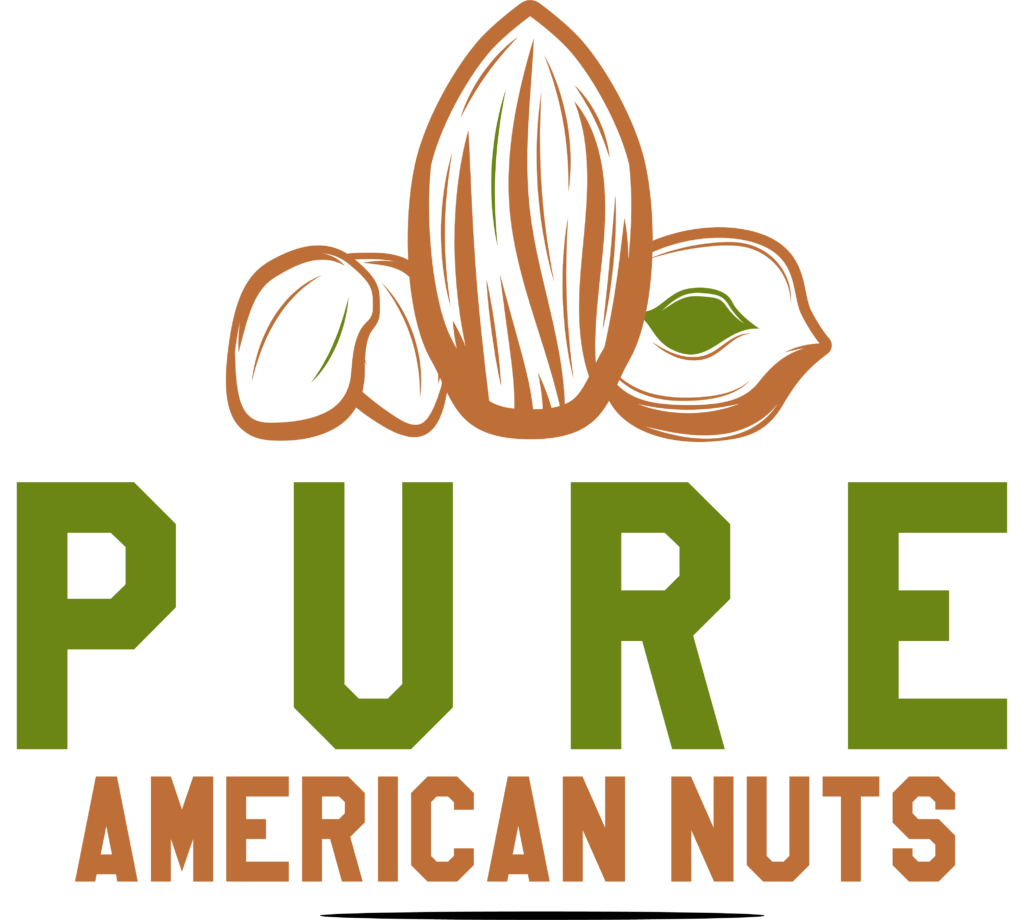
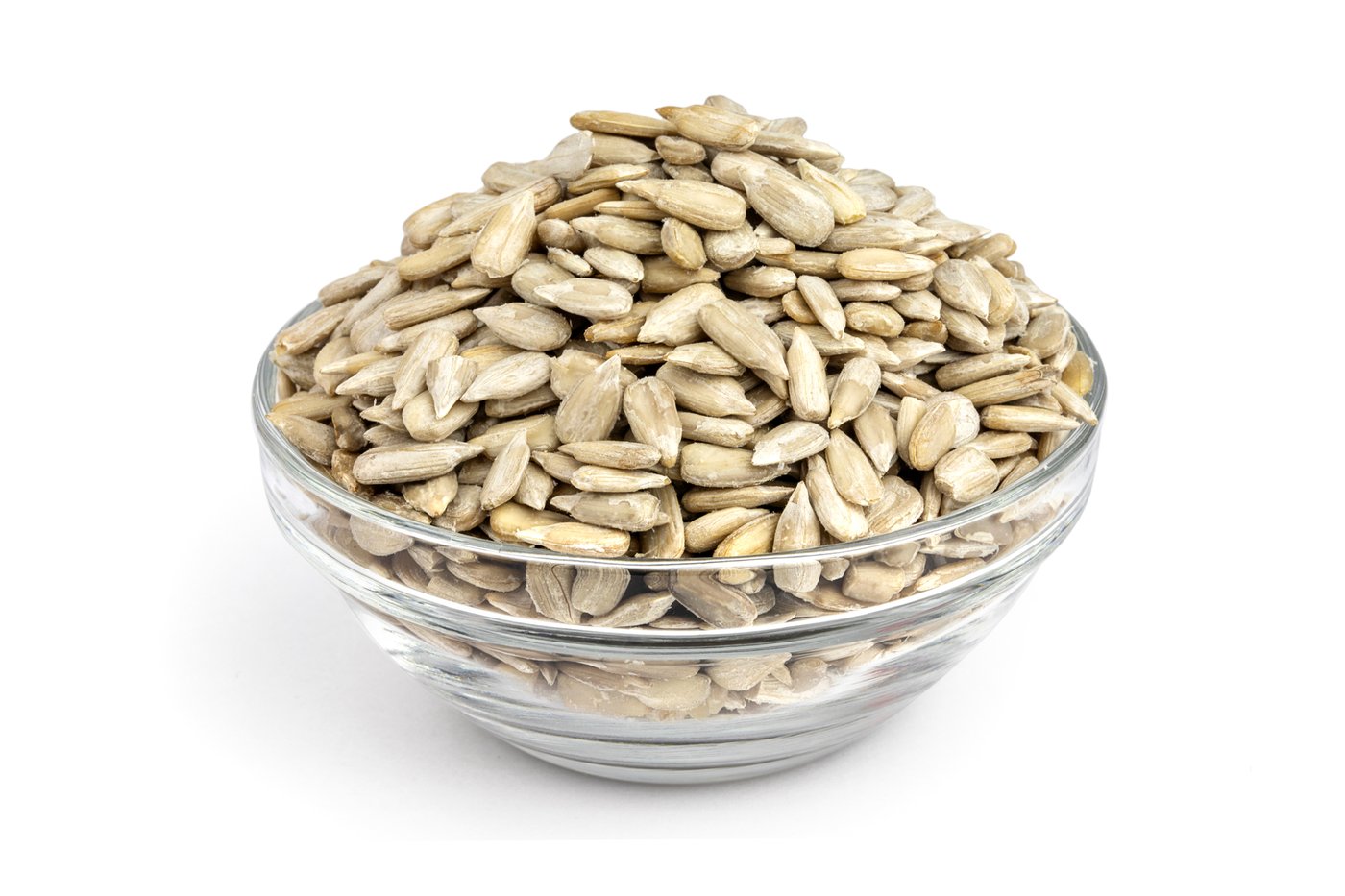
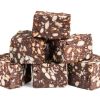
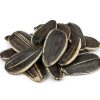




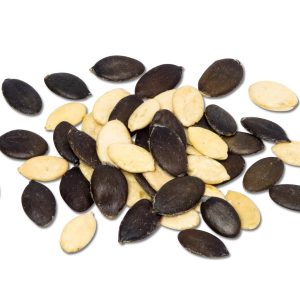
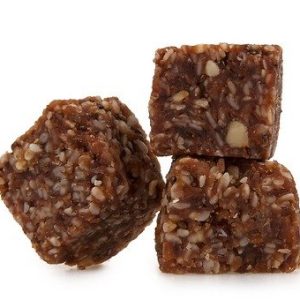
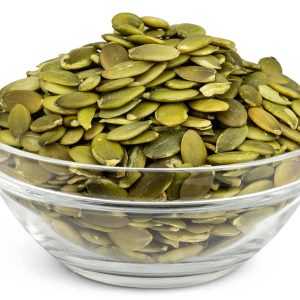
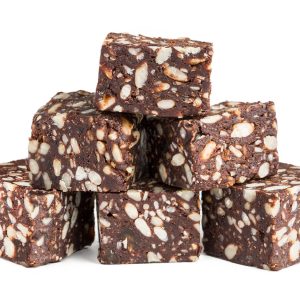
Reviews
There are no reviews yet.